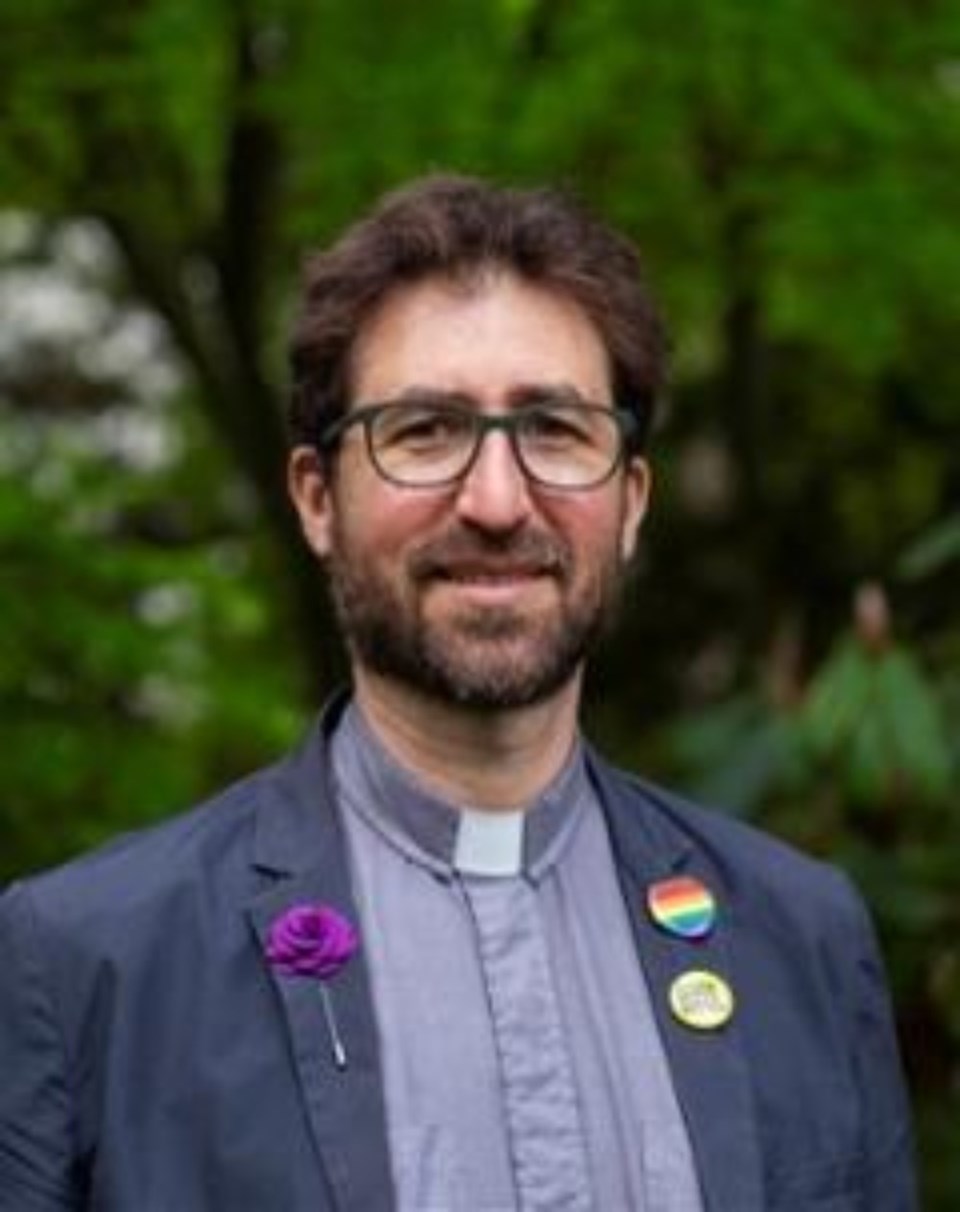Sometimes as white folks we think everyone should just be nice. That’s the solution ready at hand when we hear about an injustice. Someone says something racist or transphobic and often our response is, “Why can’t people just be nice?” While an understandable response, the plea to niceness actually avoids the real question entirely. We don’t reflect on where the racism and transphobia are coming from by reducing the solution to being nice. In fact, a lot of people who say hateful things are nice to people they like, people like them. At some level they may know exactly what they are doing by excluding, isolating, and belittling specific groups of people. And by refusing to admit there is something more dangerous going on here than simply being nice, we perpetuate the injustices.
While Jesus was known for being loving, he wasn’t always known for being nice. When people tell him they want to follow him, there are instances when he is dismissive and tells them they won’t last. Another time Jesus is received in his hometown and he is arrogant and insults them to the point they become enraged and threaten to harm him. Another time Jesus is a guest in another’s home and Jesus tells a cryptic parable that insults the host. Jesus isn’t invested in being nice.
The takeaway here isn’t that we should aim to insult or be rude. But rather that there is something pernicious about white niceness. This can be true both in church communities and also in our society generally that is imbued with a colonial legacy of white Protestant norms and desire for societal order. There are ways in which we enact white niceness while harming others, even ourselves, without knowing it. We hear someone make a problematic joke and remain silent in order to be nice. Such exchanges happen so frequently it’s like the oxygen we breathe. It’s everywhere, so we often don’t see it.
What can we do about the prevalence of white niceness? For starters, we can reflect upon our own actions. We can start to notice when we fall into these patterns. We can disrupt expectations of niceness by speaking up, disrupting norms. When someone suffers an injustice, we can start looking for root causes. We can talk with others about the way systems and institutions replicate injustices against racialized and queer people. The replication often happens through following unwritten rules never said out loud, but real nonetheless. Rules that are maintained through leadership and others with power who maintain privilege by keeping things the way they are.
And yet systems can change. Sometimes there are small inroads and other times there are great upheavals when we least expect. Just as sometimes Jesus makes small corrections that set people on a different path and other times he flips over tables in the marketplace, questioning entire systems. If we’re honest we can see glimpses of injustice in our own hearts. Ways in which we have helped perpetuate systems whether because we benefit from the status quo or we’re afraid of what others might say. But it doesn’t have to be this way.
Despite all the cynicism around crises we are facing as a society, we still have the freedom to act. We can build one another up in love. We can work together to end injustice. We can share the abundant resources we have as a society with everyone. There are a lot of possibilities. White niceness won’t save us. By loving our neighbours and working together, everyone can flourish.
Lyndon Sayers is co-pastor at Lutheran Church of the Cross, Victoria.
You can read more articles on our interfaith blog, Spiritually Speaking at https://www.timescolonist.com/blogs/spiritually-speaking
* This article was published in the print edition of the Times Colonist on Saturday, October 14th 2023



